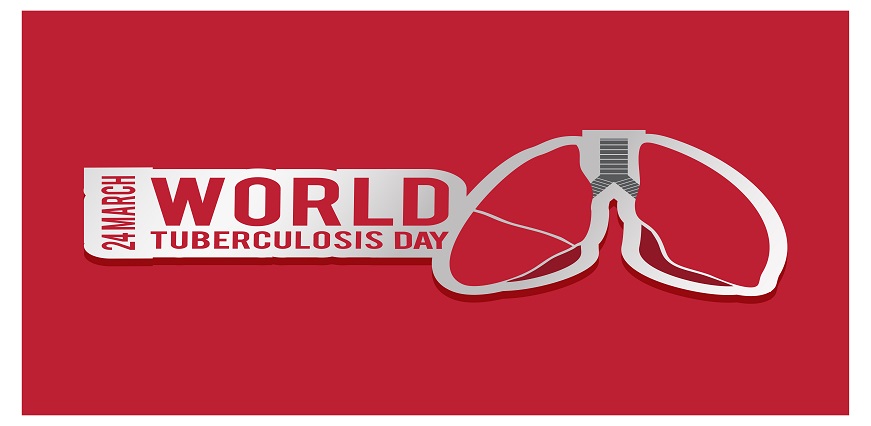





No lab centers are available in this city

Max Lab
Jul 25, 2023
Are you struggling with persistent coughing, wheezing, or shortness of breath? If so, you may be experiencing symptoms of chronic respiratory disease. This debilitating condition affects millions of people worldwide and can significantly impact your quality of life. Understanding the causes, symptoms, diagnosis, and treatment options for chronic respiratory disease is crucial for managing this condition effectively. In this blog post, we will delve into all aspects of chronic respiratory disease - from its underlying causes to available treatments.
Chronic respiratory disease refers to a group of long-term conditions that affect the airways and lungs, making it difficult for individuals to breathe properly. These diseases often develop due to damage or inflammation in the respiratory system, leading to ongoing symptoms and reduced lung function.
Chronic respiratory disease, also known as chronic obstructive pulmonary disease (COPD), can be caused by a variety of factors. The main cause is tobacco smoking, which damages the airways and lungs over time. Inhaling secondhand smoke or exposure to other harmful pollutants like chemicals and dust can also lead to the development of respiratory diseases.
Another common cause is long-term exposure to environmental pollutants such as air pollution and indoor allergens. These irritants can trigger inflammation in the airways, making it difficult for individuals to breathe properly.
Genetics also play a role in chronic respiratory diseases. Some people are born with genetic mutations that make them more susceptible to developing lung problems later in life.
Certain occupations that involve working with hazardous substances or inhaling toxic fumes may increase the risk of developing chronic respiratory diseases.
Furthermore, frequent lower respiratory tract infections, especially during childhood, can contribute to the development of chronic lung conditions later on.
There are some common signs to watch out for:
During the medical history assessment, the healthcare provider will ask about any symptoms experienced, such as shortness of breath or persistent coughing. They will also inquire about any exposure to environmental factors that could contribute to respiratory issues.
The physical examination often includes listening to the lungs with a stethoscope to detect abnormal sounds like wheezing or crackles. The healthcare provider may also check oxygen levels using a pulse oximeter and assess overall lung function.
To confirm a diagnosis and identify specific conditions, additional tests may be ordered. These can include pulmonary function tests (PFTs) which measure lung capacity and airflow; chest X-rays or CT scans to visualize abnormalities in lung structure; blood tests to evaluate oxygen levels and detect inflammation markers; sputum analysis for presence of infection or other abnormalities; and bronchoscopy, where a thin tube with a camera is inserted into the airways for visual inspection.
Prevention is always better than cure, and when it comes to chronic respiratory disease, taking proactive steps can make a significant difference in maintaining lung health. Here are some key strategies for preventing chronic respiratory disease.
Avoiding exposure to pollutants and irritants is crucial. This includes staying away from secondhand smoke, which can be just as harmful as smoking itself. It's also important to limit exposure to air pollution by staying indoors on days with poor air quality or wearing a mask if necessary.
Maintaining good hygiene practices can also help prevent respiratory infections that may lead to chronic conditions. Regular hand washing and covering the mouth and nose while coughing or sneezing can reduce the spread of viruses and bacteria.
Another effective preventive measure is getting vaccinated against diseases such as influenza and pneumonia. These vaccines can significantly lower the risk of developing complications that could lead to chronic respiratory problems.
Additionally, adopting a healthy lifestyle plays a vital role in preventing chronic respiratory disease. Engaging in regular physical exercise helps improve lung function and overall fitness levels. A balanced diet rich in fruits, vegetables, whole grains, and lean proteins provides essential nutrients that support lung health.
Treatment options for chronic respiratory disease can vary depending on the specific condition and severity of symptoms. In many cases, a multi-faceted approach is used to manage symptoms, improve lung function, and enhance overall quality of life.
One common treatment method is medication. Different types of medications may be prescribed to help reduce inflammation in the airways, relax the muscles around the airways, or thin mucus to make it easier to clear from the lungs. These medications may be taken orally or inhaled using a nebulizer or inhaler device.
In addition to medication, pulmonary rehabilitation programs can also play a crucial role in treating chronic respiratory disease. These programs often include exercise training tailored specifically for individuals with respiratory conditions, as well as education on breathing techniques and strategies for managing symptoms.
Chronic respiratory disease is a serious condition that affects millions of people worldwide. It can significantly impact the quality of life and lead to various complications if left untreated. Understanding its symptoms, causes, diagnosis, and treatment options is crucial for managing this condition effectively.
The primary cause of chronic respiratory disease is long-term exposure to harmful substances such as cigarette smoke, air pollution, allergens, or occupational hazards. Genetic factors and certain medical conditions can also contribute to its development.












Sign up takes less than 60 secs and gives you access to your offers, orders and lab tests.
Looks like you are not registered with us. Please Sign up to proceed
OTP will be sent to this number by SMS
We have successfully received your details. One of the agents will call you back soon.
 To reach our help desk call 9213188888
To reach our help desk call 9213188888
No Lab Centers are available in this city
Looks like you are not registered with us. Please Sign up to proceed
OTP will be sent to this number by SMS
Not Registered Yet? Signup now.Looks like you are not registered with us. Please Sign up to proceed





 7982100200
7982100200.png)
Comments